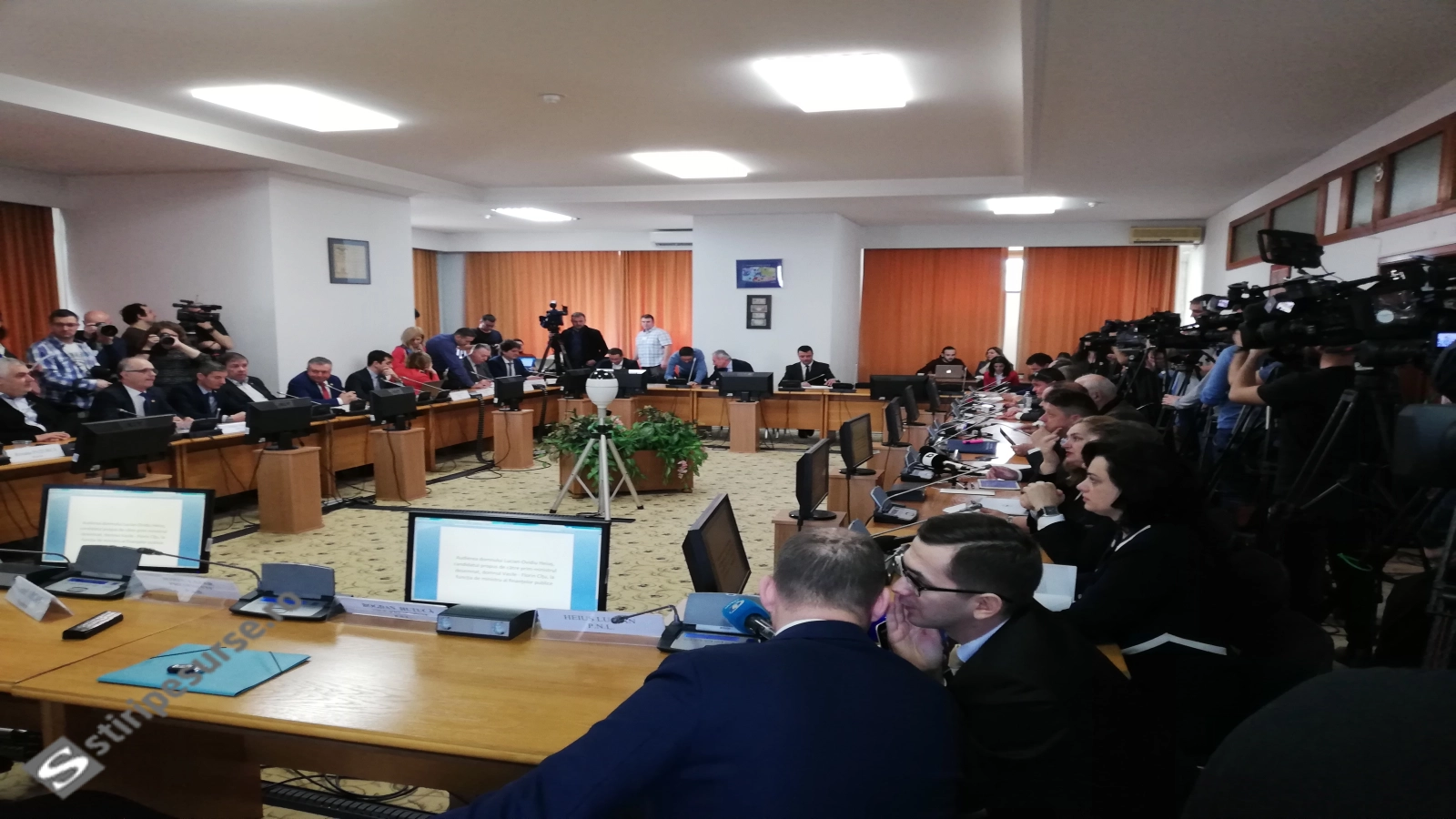The CFA Romania Macroeconomic Confidence Index fell 16.4 points in September 2021 from the previous month, with more than half of CFA analysts predicting that the economic impact of the novel coronavirus will last through the last quarter of 2022, agerpres reports.
"Amidst caution generated by the fourth wave of the COVID-19 pandemic, the macroeconomic confidence index fell sharply in September. Consistent with this development are the expectations of economic deceleration. Also, amidst a surge in inflation, the inflation expectations for the next 12 months have risen," CFA Romania Association Deputy Chairman Adrian Codirlasu is quoted as saying in a CFA press statement released on Tuesday.
According to him, the CFA Macroeconomic Confidence Index declined 16.4 on a monthly basis, to 57.2 points (against the same month in 2020, the index is up 22.9 points). The anticipated average inflation rate for the next 12 months averages 5.01%.
Regarding the euro to the leu exchange rate, over 93% of the respondents are expecting a depreciation of the leu in the next 12 months (as against its current value). Thus, the average value of the anticipations for the next six months is 4.9985 lei to the euro, while for the 12 months is 5.0547 lei to the euro. The lowest estimated value for the next 12 months is 4.9400 lei to the euro.
According to the survey, most of the respondents (55%) estimate that the economic impact of the coronavirus will last until the fourth quarter of 2022, and the average value of the anticipated 2021 government deficit is 7.1%.
The estimates of real term GDP in 2021 average plus 6.6%, with the public debt as a percentage of the GDP in the next 12 months estimated at around 54.1%.
"Amidst increased attention of the European Commission to environmental protection, as embodied in regulations on the consideration of ESG factors (environmental, social and governance factors) by financial institutions, questions have been added in the survey about financial bodies' awareness of these regulations, the preparation of the financial institutions for ensuring the observance of the new regulations, as well as the support offered to customers for securing their observance," according to CFA.
According to the respondents, the main obstacle to the implementation of the ESG factors is insufficient information, followed by a lack of expertise in this area.
More than half of CFA analysts estimating coronavirus economic impact to last through Q4 2022
Articole Similare

14
EnerMin Ivan:Final Investment Decision for Doicesti SMR marks transition from analysis implementation phase
14

8
ANAT vice-president: Romanian tourism is in technical recession
8

7
ECA's Romascanu: Romania has a relatively comprehensive RRF anti-fraud framework
7

8
Bucharest Stock Exchange closes higher in Thursday's trading session
8

7
Gov't spokesperson admits it's a difficult period for citizens, but essential for budget balance
7

9
Protest in Timisoara against postponement of Constitutional Court's decision regarding magistrates' pensions
9

6
The EP's view on cyberbullying and how realistic Romanian MEPs consider the proposed solutions
6

5
USR MPs call on European Justice Commissioner for more rigorous Rule of Law assessment
5

10
DefMin Miruta: National defense industry must be part of international production chains
10

10
EBRD sells Danube Logistics, operator of Giurgiulesti port in Republic of Moldova, to Constanta Port
10

32
National Audiovisual Council's decisions - confirmed by courts in proportion of 92% in last 10 years (institution's vice-president)
32

7
Romanian-Canadian cooperation in home affairs on agenda of talks between Minister Predoiu and Ambassador Buchan
7

6
Government temporarily suspends contracting procedure for projects financed by 2021-2027 Cohesion Policy
6



















Comentează